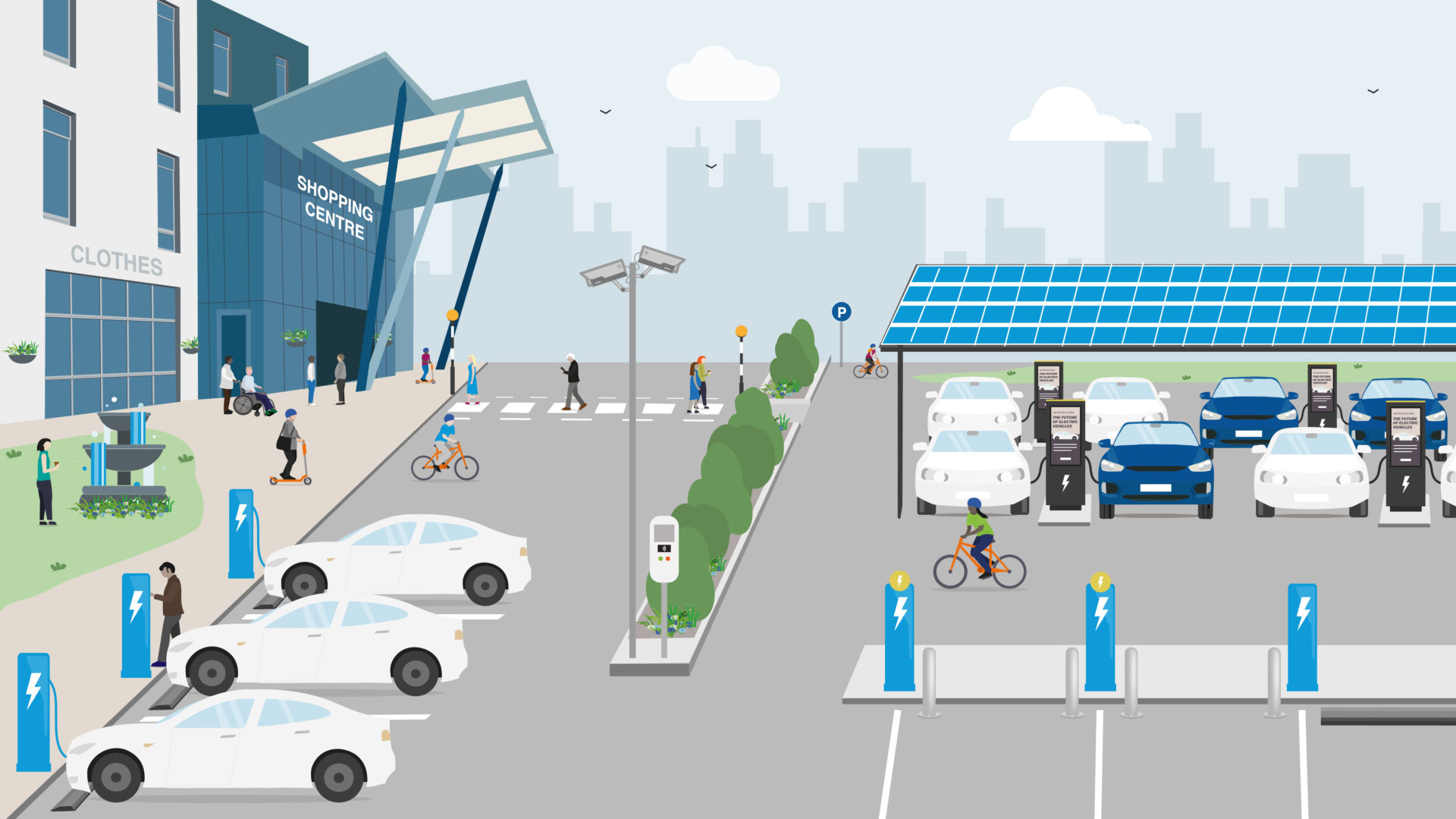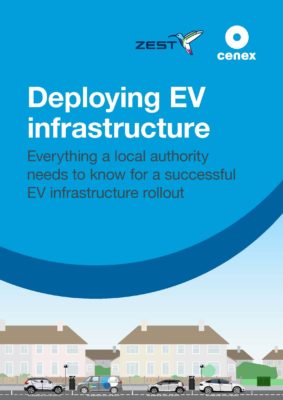

Deploying Successful EV Infrastructure for Local Authorities
Resource
Summary
An estimated 24 million EVs are expected on UK roads by 2040. However, fewer than one in five homes that require a nearby public charging point currently have access to one. This report examines how local authorities can adopt a proactive, people-centred approach to the deployment of EV infrastructure.
Drawing on public opinion data, practical insights from local authority-led initiatives, and behavioural science, the report outlines six essential steps for creating a fair, functional, and future-ready charging network. It emphasises the importance of community engagement, prioritising equity, and implementing sustainable practices, providing clear guidance for achieving a successful and inclusive transition to electric vehicles.
Key Points
- Only 1 in 5 car-owning households without off-street parking currently have access to nearby charging points.
- Public opinion is divided on whether EVs will dominate UK roads by 2040, indicating a need for better communication and trust-building.
- The role of government is crucial: 60% of people believe that the national government should take the lead on the rollout of EV infrastructure.
- Community engagement is important: 63% of people want to be consulted about their views, while 48% want to be kept informed.
- Six key actions for success: Collaborate, Engage, Inform, Invest, Regenerate, and Conserve.
- Beyond infrastructure, widespread adoption also requires awareness campaigns and behaviour-focused interventions.
- Local authorities play a vital role in ensuring that EV infrastructure is equitable, accessible, and trustworthy for all.
